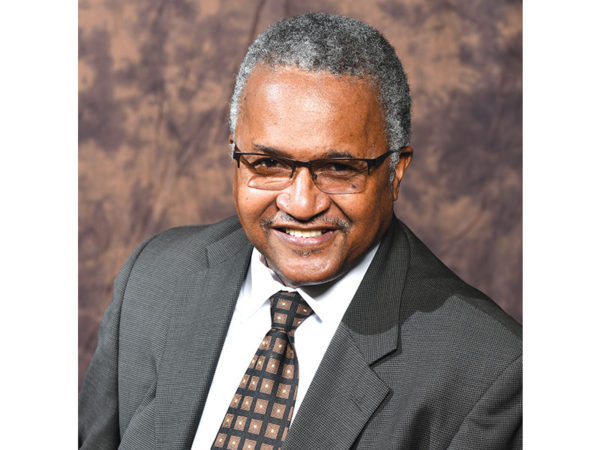There are a large number of young adults who are financially wrecked. There are so many that becoming a bankruptcy attorney is now a lucrative business. Financial literacy for young people is an area that has been ignored, and we are reaping what we have sown.
When I graduated from NLU in 1972, I was 22 years old. I already had a job as a radio announcer and youth coordinator for the Community Action Program. I had a college diploma, a job, and money in my pocket, but I didn’t know how to handle and manage finances.
I bought a new car every year and added the debt. I had a pocket full of credit cards, all charged to the limit, paying $10 a month on each. I had an assortment of suits, with a matching bible: Brown suit, brown Bible. Blue suit, Blue Bible.
Four years later, I was elected pastor of the Tabernacle church and had to file Bankruptcy in my first year. I lived above my means with credit card debt, missed vehicle payments, lights, and water disconnected, and I dodged bill collectors every day of the week.
I married a woman who trusted my knowledge and I pulled her into the financial pit with me because of my ignorance. She didn’t need me to do bad; she could do that all by herself. Lucky for me, she stayed and passed me the shovel while I dug us out of the financial hole I dug.
It took me ten years to pay off creditors, even those included in the Bankruptcy, and improve my 410 credit rating. It took ten years to learn better, and in the process, I took classes, attended seminars, sought advice, and learned what I should have learned about finances much earlier.
Today, millions of young people will squander much of their youth as I did because of financial ignorance. Unfortunately, we teach them Algebra, Geometry, and Trigonometry, but we don’t teach them financial management.
Recent studies show that students are graduating from college with huge student loans are crippling them with $50,000 or more in debt.
Add to that debt is the cost of living every day, which is increasing. One study revealed that credit card debt among young adults has risen 74 percent over the last five years.
When we haven’t been taught, we don’t worry about a credit card with a 29 percent interest rate; we only look at whether we can pay the monthly note.
We haven’t been taught that if we rent a $200 television for $50 a week for ten weeks, we’ve paid a total of $500.00.
A recent survey of 15-year-olds in the United States found that 18 percent of respondents did not learn fundamental financial skills that are often applied in everyday situations, such as building a simple budget, comparison shopping, and understanding an invoice.
If our youth are financially illiterate, they will not know how to save, invest, or the effect of inflation on their money. They won’t understand banking, interest rates, discounting, and even the simplest concept of living within your means rather than your dreams.
Many are reading this article who don’t know their credit score, and some have never known.
Over the years, I’ve tried to help young people in this area, giving my own confession first. I incorporated financial literacy into every program or agency I led. At Excellence Academy, our seventh and 8th graders learned the essentials of budgeting, investing and most of them had simulated stock portfolios. The school system wasn’t interested in that kind of stuff, but watching an 8th grader show off his simulated stock portfolio was fascinating.
The old folks taught us in old-fashioned ways: They gave us allowances, forced us to put money in piggy banks, and give us long lectures about paying back anyone we owed. Beyond that, we just were not aware of the financial world.
Today, with online investing opportunities through Apps such as Acorns, Stash, and Robin Hood, the young learn investments. Programs such as Jr. Achievement help them start and manage businesses, and good old-fashioned practices of writing a check, buying a house, or purchasing insurance begin the process.
It took me ten years to straighten out my credit and learn to manage. I have a feeling I’m not alone because others have similar stories.
We all must teach as many youths as we can to avoid the mistakes of the old-timers.
There is no feeling like paying off that last debt and realizing that you are free at last!
Thank God almighty, I’m free at last.


